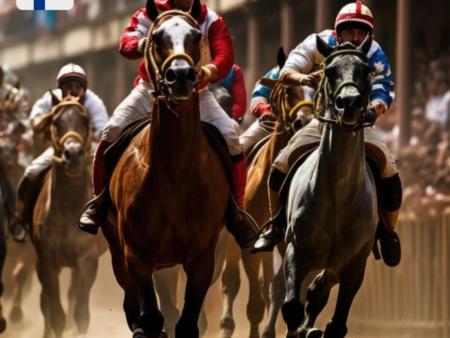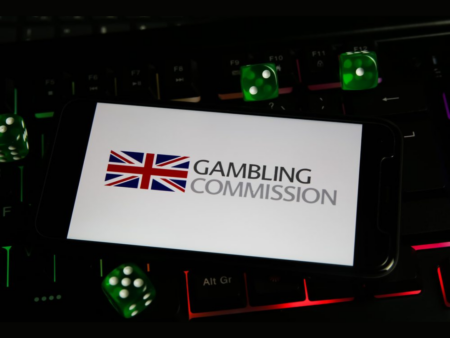Former Belmore St. George Hotel licensee Rawin Sirikwankul has admitted to 30 charges in Downing Center Local Court under the Gaming Machines Act of 2001. This admission follows a Liquor & Gaming NSW investigation that highlighted the severity of breaches in gaming regulations.
Offences and Investigation
The investigation revealed that on Christmas Day 2022, the St George Hotel operated 30 gaming machines between 12pm and 10pm, breaching the prescribed hours permitted for gaming machine operation. This violation prompted regulatory action by Liquor & Gaming NSW, highlighting the importance of adhering to operational guidelines.
Regulatory Response
Jane Lin, Executive Director of Regulatory Operations at Liquor & Gaming NSW, emphasized the severity of these breaches. Lin stressed that the restrictions on gaming machine operation hours aim to mitigate the risks of gambling harm by limiting patrons’ playtime. By disregarding these regulations, the former licensee not only violated the law but also heightened the risk of gambling harm to patrons.
Penalties and Consequences
Lin cautioned that licensees failing to adhere to prescribed trading hours for gaming machines will face significant penalties. This case underscores the importance of complying with regulatory requirements in the gaming industry to safeguard patrons and uphold the integrity of gaming operations. Non-compliance can lead to severe consequences for both licensees and patrons.
Precedent and Recent Incidents
This case bears resemblance to a recent incident involving the licensee of the Royal Inn Hotel in Waratah, who was fined AU$7,500 (US$9,400) for similar offences. These regulatory actions underscore Liquor & Gaming NSW’s unwavering commitment to enforcing gaming regulations and holding licensees accountable for their actions. It establishes a precedent for future regulatory measures aimed at upholding the integrity of gaming operations and safeguarding patrons from potential harm.
FAQs About Liquor & Gaming NSW Investigation
1. What are the prescribed hours for gaming machine operation?
Prescribed hours for gaming machine operation vary depending on regulatory guidelines and local laws. Generally, they are designed to limit patrons’ playtime and reduce the risk of gambling harm.
2. What penalties do licensees face for non-compliance with gaming regulations?
Licensees failing to comply with gaming regulations may face significant fines, license suspensions, or revocations. These penalties aim to deter non-compliance and ensure the integrity of gaming operations.
3. How can licensees ensure compliance with gaming regulations?
Licensees can ensure compliance with gaming regulations by familiarizing themselves with local laws, implementing robust operational procedures, and regularly monitoring gaming activities on their premises.
4. What role do regulatory authorities play in enforcing gaming regulations?
Regulatory authorities, such as Liquor & Gaming NSW, are responsible for overseeing gaming operations, conducting investigations into breaches, and imposing penalties for non-compliance. They play a crucial role in maintaining the integrity and safety of gaming environments.
5. Are there any resources available to help licensees understand gaming regulations?
Yes, regulatory authorities often provide resources, guidelines, and training programs to assist licensees in understanding and complying with gaming regulations. These resources aim to promote responsible gaming practices and reduce the risk of harm to patrons.
6. How can patrons contribute to promoting responsible gaming?
Patrons can contribute to promoting responsible gaming by setting personal limits on their gambling activities, seeking support if they experience gambling-related harm, and advocating for safer gaming environments.


















